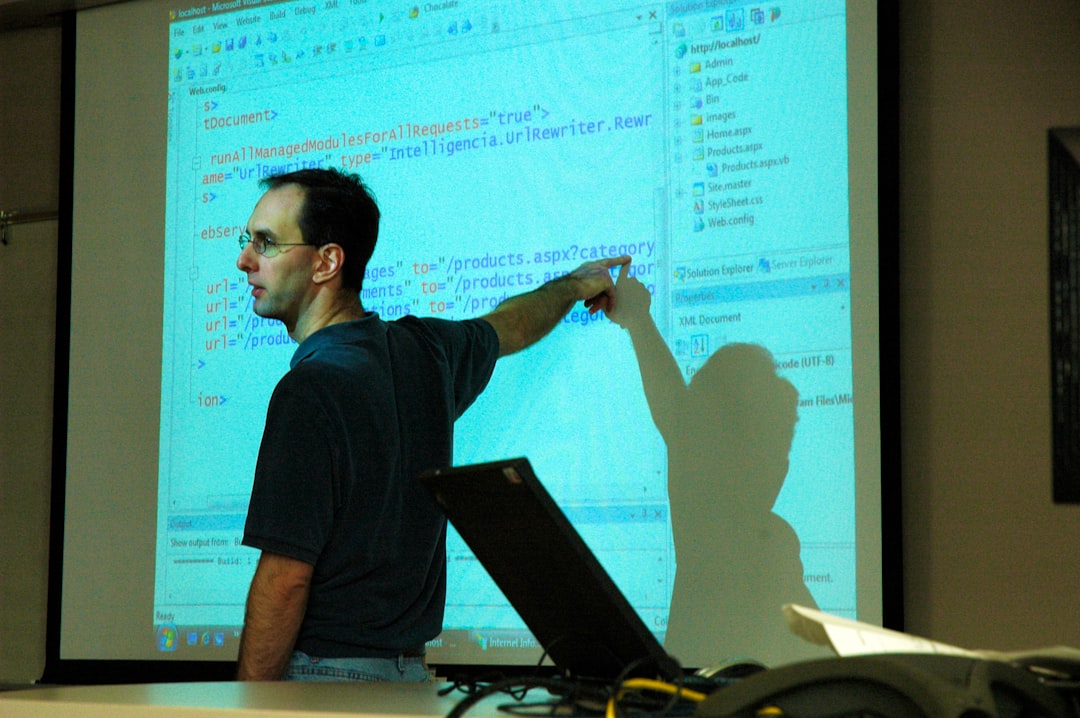
Education is crucial for reducing inequality and breaking the cycle of poverty. The importance of education is recognized through its inclusion as the United Nations’ fourth sustainable development goal (SDG), “ensuring inclusive and equitable quality education and promoting lifelong learning opportunities for all” (n.d.). In the context of this goal, inclusive refers to a learning environment without barriers limiting the presence, participation, or achievement of learners and equitable means that the education of all learners is seen as having equal importance (UNESCO, 2017, p.13).
The SDG aims by 2030 to achieve a world in which all children enjoy “complete free, equitable and quality primary and secondary education” (United Nations, n.d.). In order to attain this goal, UNESCO cooperated with the Center for Indonesian Policy Studies (CIPS) in a project on Valorizing Research and Evidence for Social Inclusion. Valorization of knowledge is the process of making knowledge available, accessible, and useable for public policymaking and for economic and social development planning.
Stage I of this project provides a situational analysis of practices related to research and evidence in education policy design and planning in Indonesia. The research and evidence concerned is produced by stakeholders, including:
• Government agencies that are responsible for the development, implementation, and monitoring of national education policies. At the national level these include the President of the Republic of Indonesia and three ministries in the education sector: The Ministry of Education and Culture (MOEC), Ministry of Religious Affairs (MORA), and Ministry of Technology, Research, and Higher Education (MORTHE). Regional government stakeholders include provincial governments, district and municipal governments, and regional government work units.
• Bi- and multilateral donors who usually develop their programs in close cooperation with government agencies to align them with national development plans and policies.
• Civil society organizations (CSOs), which are private Indonesian organizations, mostly not-for-profit, that often rely on grants and donations to fund their programs. Twenty relevant government and non-government stakeholders attended an initial meeting
of a national working group2 that introduced them to the ideas of knowledge valorization in the education sector. The meeting also facilitated an exchange of information related to the institutions’ focus areas in the education sector.
The situational analysis assesses the current state of knowledge uptake in the Indonesian government’s education policymaking process. The analysis further provides examples to illustrate its findings about the uptake and use of knowledge, obstacles faced by stakeholders in the policymaking process, and their openness to making information available and accessible. Our analysis differentiates between stakeholders in the Indonesian education sector. Stage II of the project provides a practical guide and training materials designed to improve the uptake of information and knowledge in government policymaking processes and to address the identified gaps.
Stage III involves the delivery of a national capacity-building module delivered by UNESCO and CIPS in order to: a) launch the practical guide and use developed training materials; b) enhance the capacity of professionals via the input of stakeholders who joined the national working group; and c) strengthen the research-policy interface with the goal of implementing the Agenda 2030.



